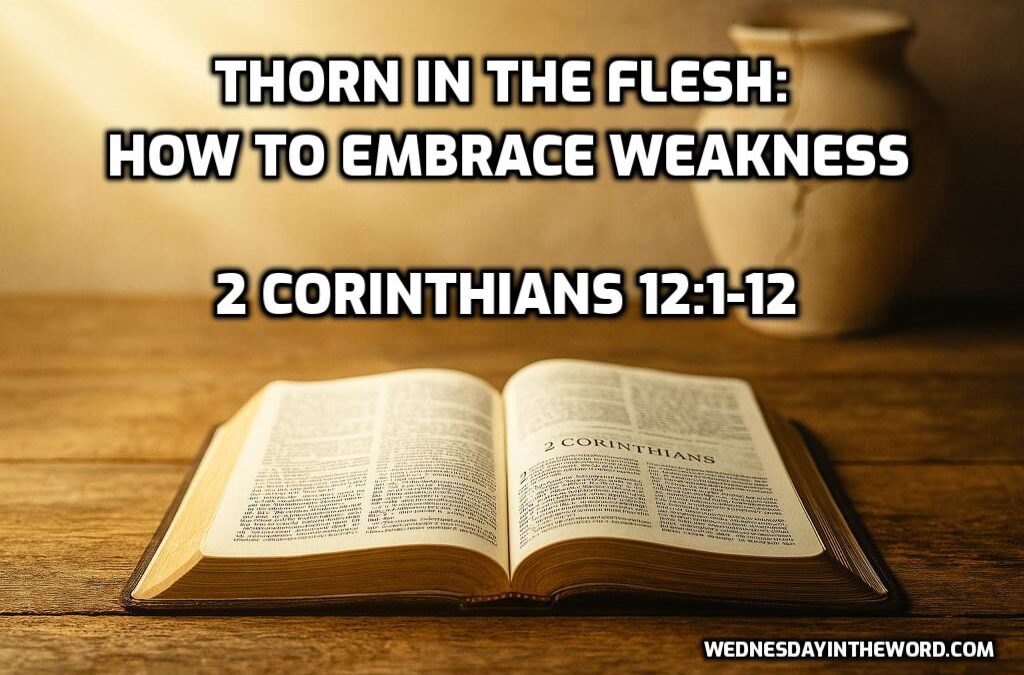
16 Thorn in the Flesh: How to Embrace Weakness (2 Corinthians 11)
What was Paul’s thorn in the flesh and why didn’t God remove it? Discover how weakness can reveal God’s power and reframe your own struggles.

What was Paul’s thorn in the flesh and why didn’t God remove it? Discover how weakness can reveal God’s power and reframe your own struggles.
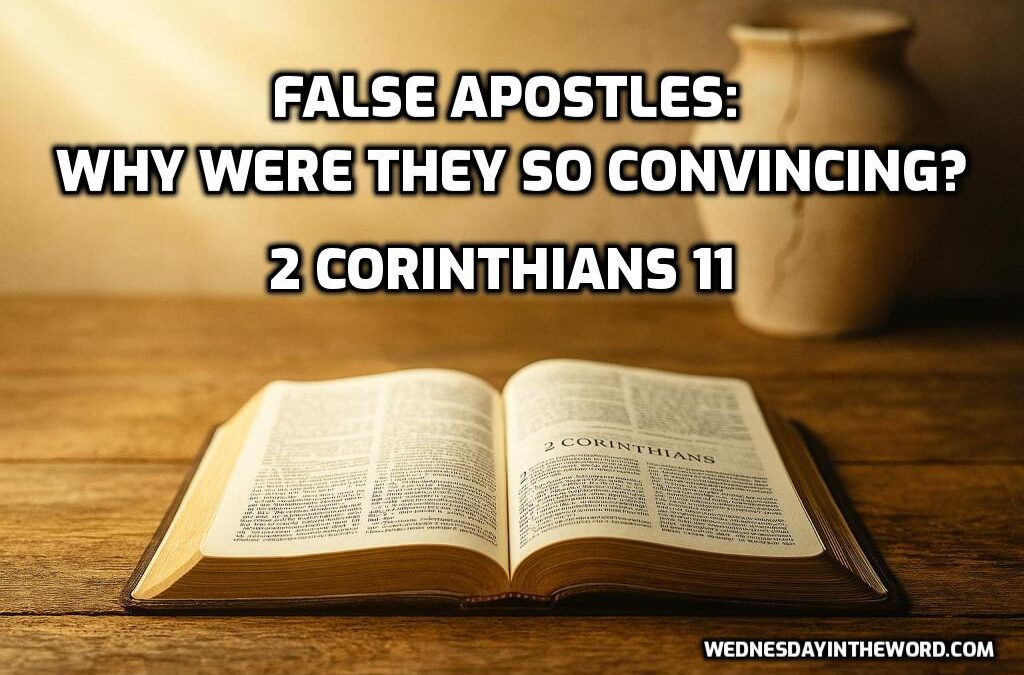
Paul confronts the false apostles and reveals what true gospel leadership looks like. Learn how to spot deception and follow the real thing.
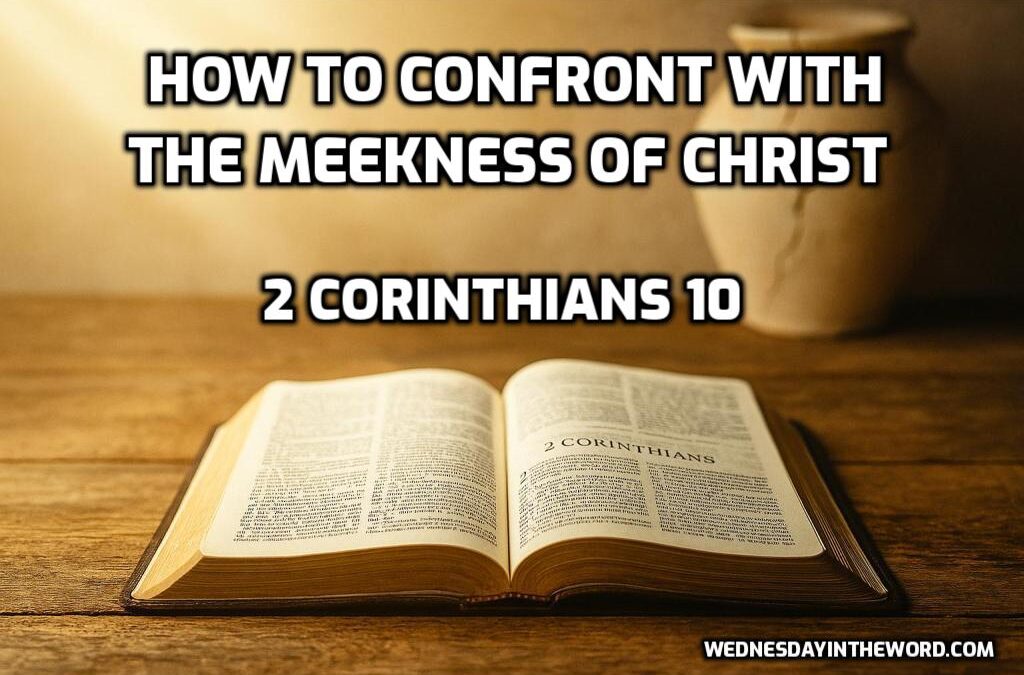
Imagine your church split between two voices. One is polished and persuasive, the other quiet and unimpressive. Which do you trust?
In 2 Corinthians 10, Paul shows how to fight lies without theatrics and how to exercise authority that builds people up. Learn how to spot the difference between charisma that flatters and truth that sets you free.
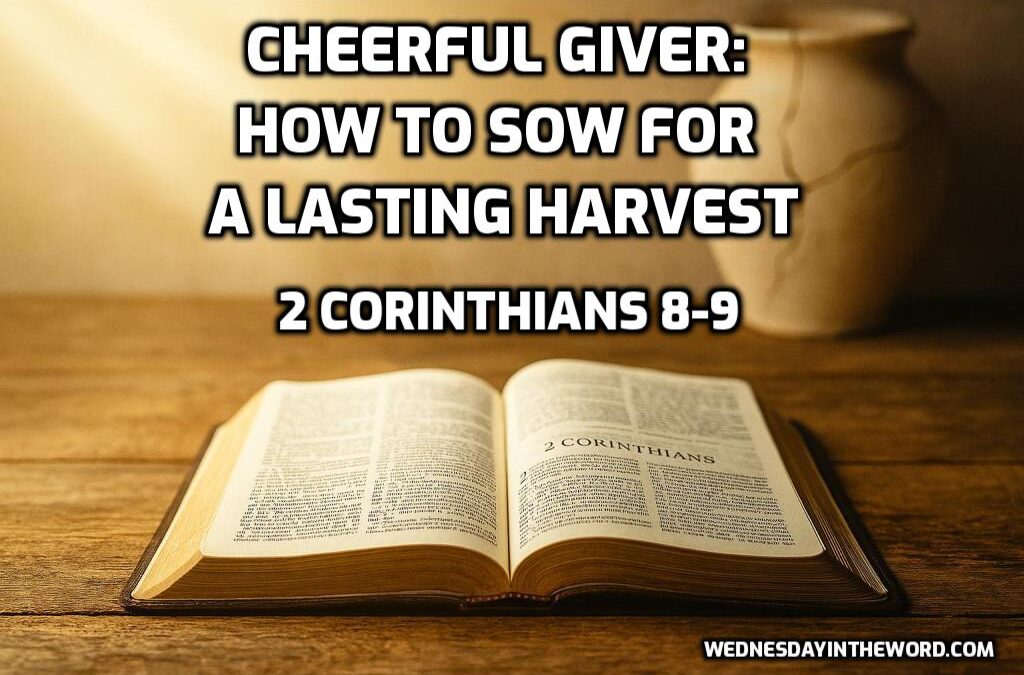
What does it really mean to give generously, and why does it matter? When Paul asks for money for the Jerusalem collection, he is doing more than asking the Corinthians to donate. He is inviting them to express their faith, restore broken trust, and unite with their spiritual family. If you have ever wrestled with when, why, or how much to give, this message will help you see giving in a whole new light.
These two chapters in 2 Corinthians give us a glimpse into how early Christians understood generosity and what it means to live as a cheerful giver.
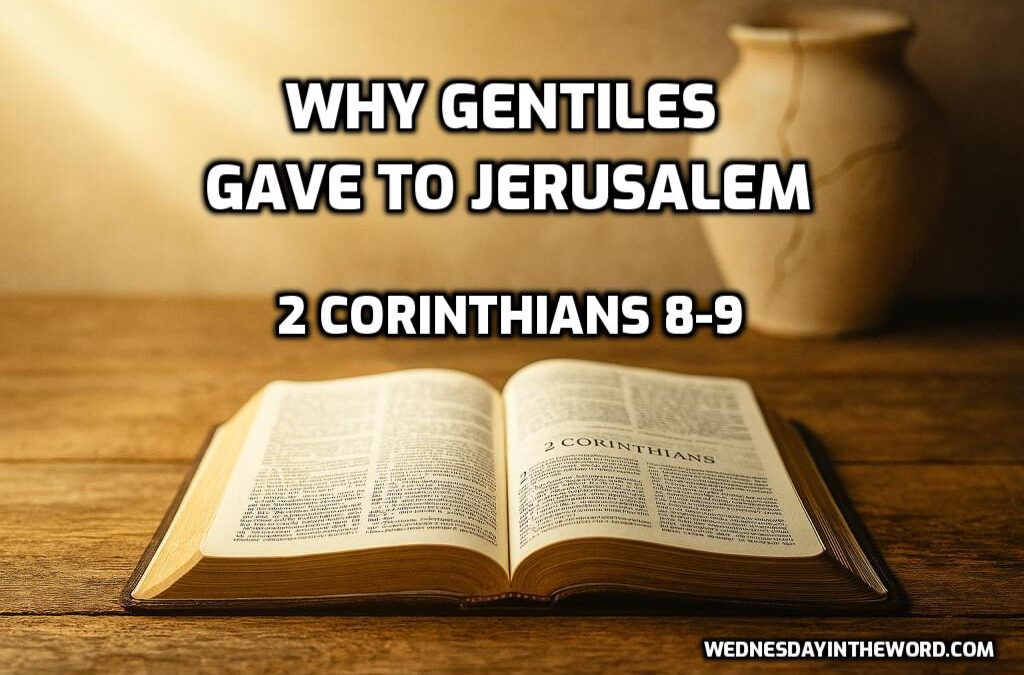
Paul devoted more than a decade of his ministry to the Jerusalem Collection. Understanding the story behind it helps us understand 2 Corinthians 8-9. Today we’ll explore the origin, purpose, and implications of the Jerusalem Collection, using events in Acts and Galatians to trace the evolving relationship between Paul, the Jerusalem apostles, and the Gentile churches.
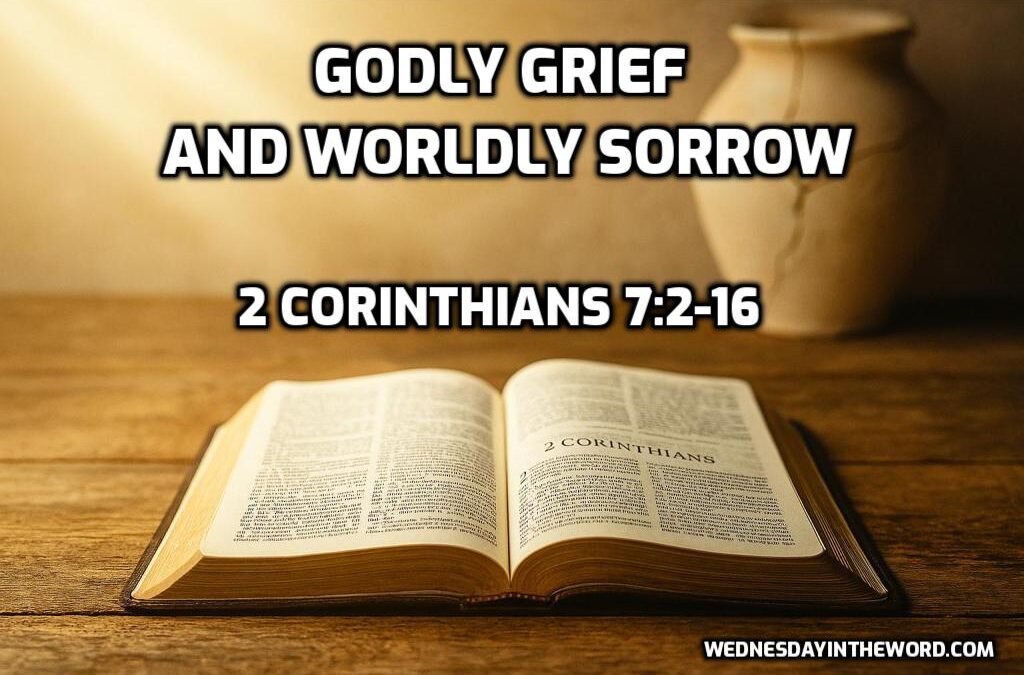
When should you say the hard thing that might upset your friend but also bring repentance and reconciliation, and when should you stay silent? How do you tell godly grief from the kind that only wounds?
In today’s passage, we follow Paul’s emotional journey after sending a sorrowful letter to the Corinthians. As he recounts his story, he teaches us why some truth-telling heals and restores while other apologies only reopen the wound.
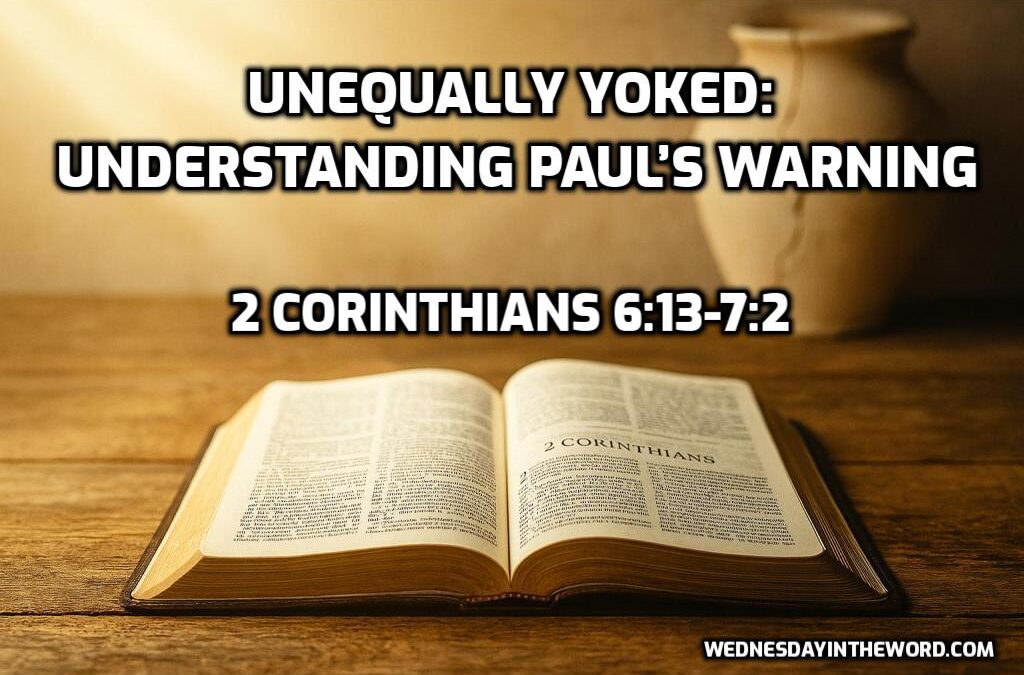
“Do not be unequally yoked” is not a blanket ban on contact with unbelievers. It is a warning about binding yourself in partnerships that tug your heart away from Christ and deceiving nonbelievers into thinking they are on the right path.
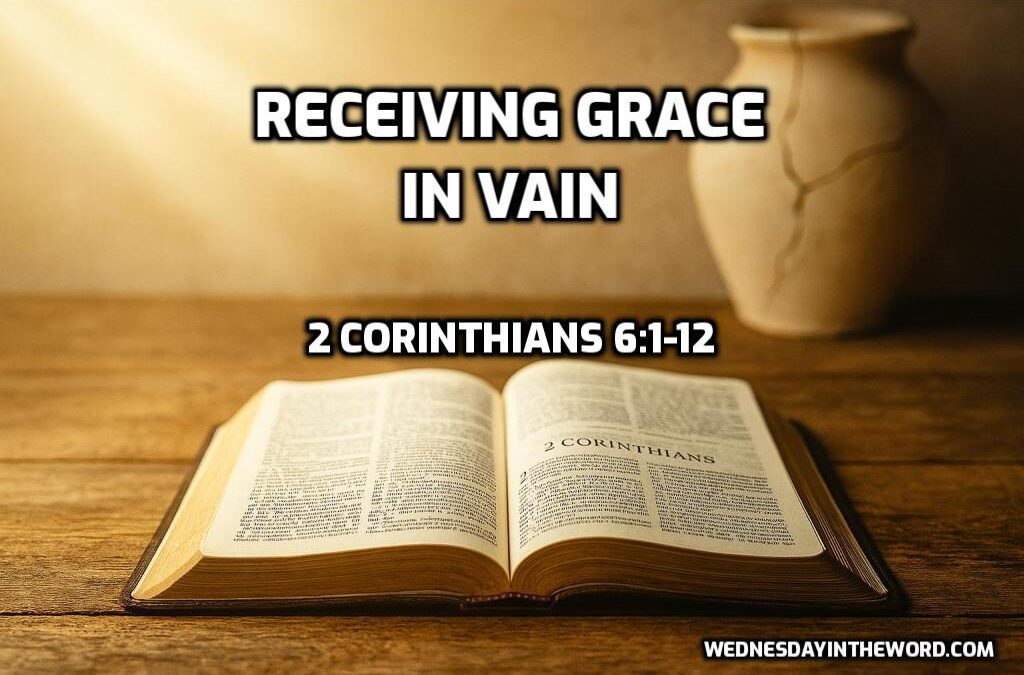
In 2 Corinthians 6:1–12, Paul urges his readers not to receive the grace of God in vain. Though many in Corinth claimed to believe the gospel, their rejection of Paul revealed a lack of faith. In this episode, Krisan Marotta explains why responding to grace involves more than religious affiliation or claims of belief.
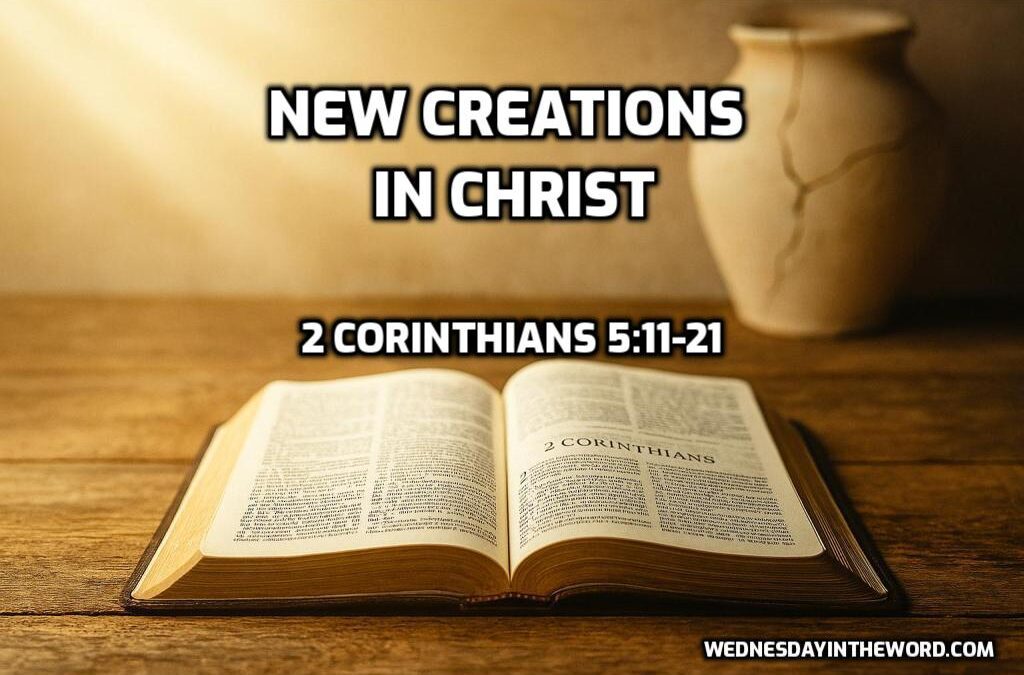
In this episode of Wednesday in the Word, Krisan Marotta examines how the Apostle Paul defends his ministry against critics who judge him by outward appearance rather than by the message he proclaims. Paul insists that true transformation comes from God’s work in the heart, not from impressive credentials or presentation. Through this passage, Paul calls the Corinthians—and us—to see others through the lens of the gospel, not worldly standards.

In 2 Corinthians 5:1–11, Paul continues his defense of his ministry by explaining how his confidence in the resurrection shapes his message, motivates his courage, and defines his integrity.
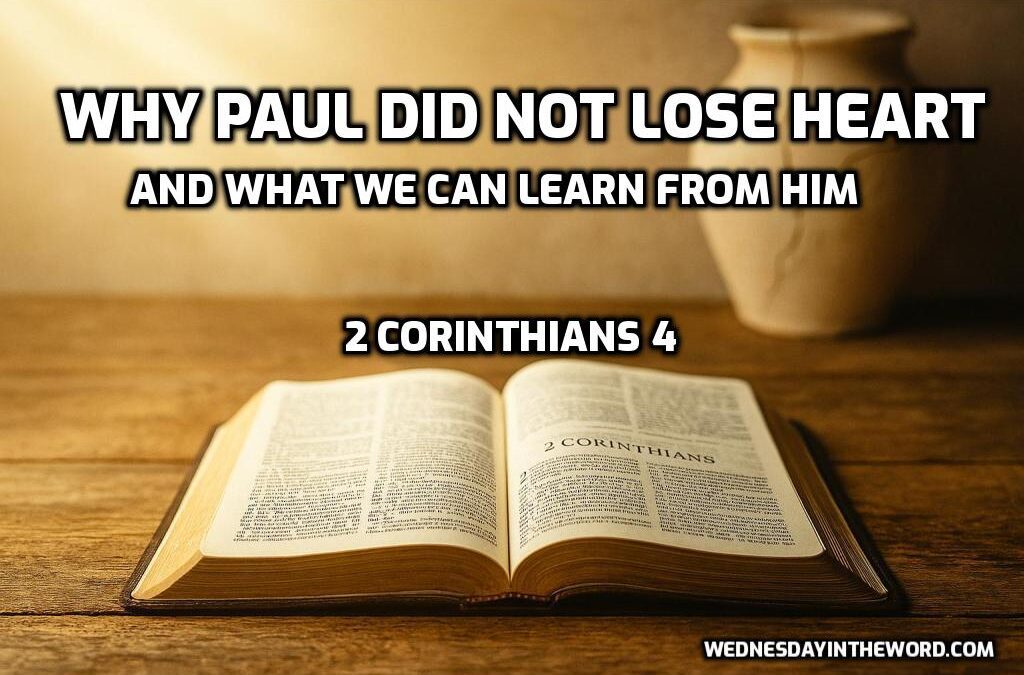
Paul offers a powerful defense of his ministry, explaining how the gospel he proclaims is not about him, but about the transforming power of God. Though Paul faces rejection, suffering, and accusations, he remains unwavering because he knows the source of the message and the One who is truly at work through it.
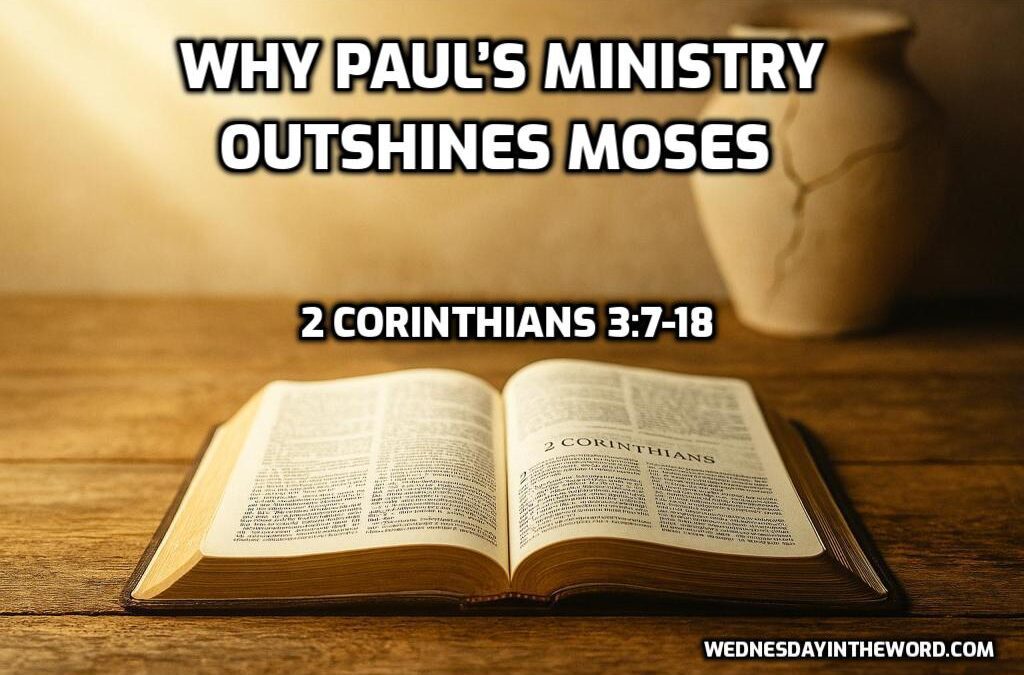
In this episode of Wednesday in the Word, Krisan Marotta explores Paul’s bold claim that his ministry as an apostle is more glorious than the ministry of Moses. By comparing the Old and New Covenants, Paul shows that spiritual transformation doesn’t come from the Law but from the work of the Holy Spirit.